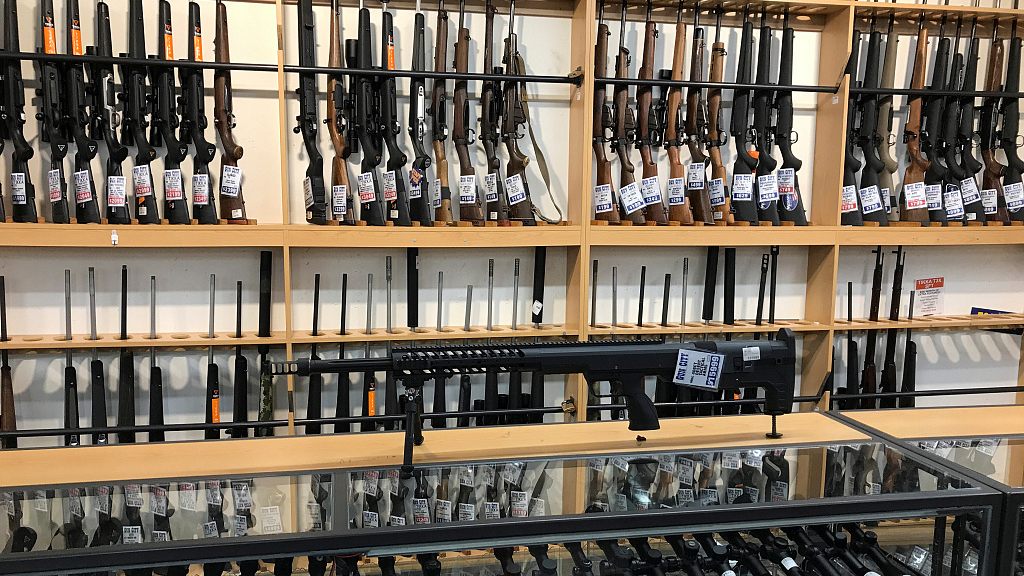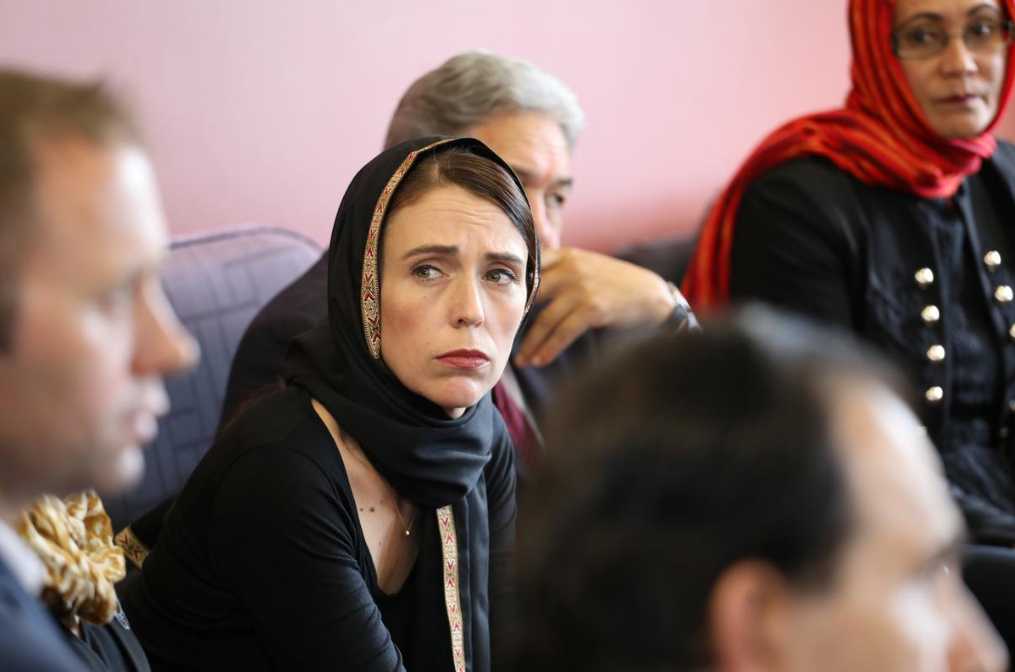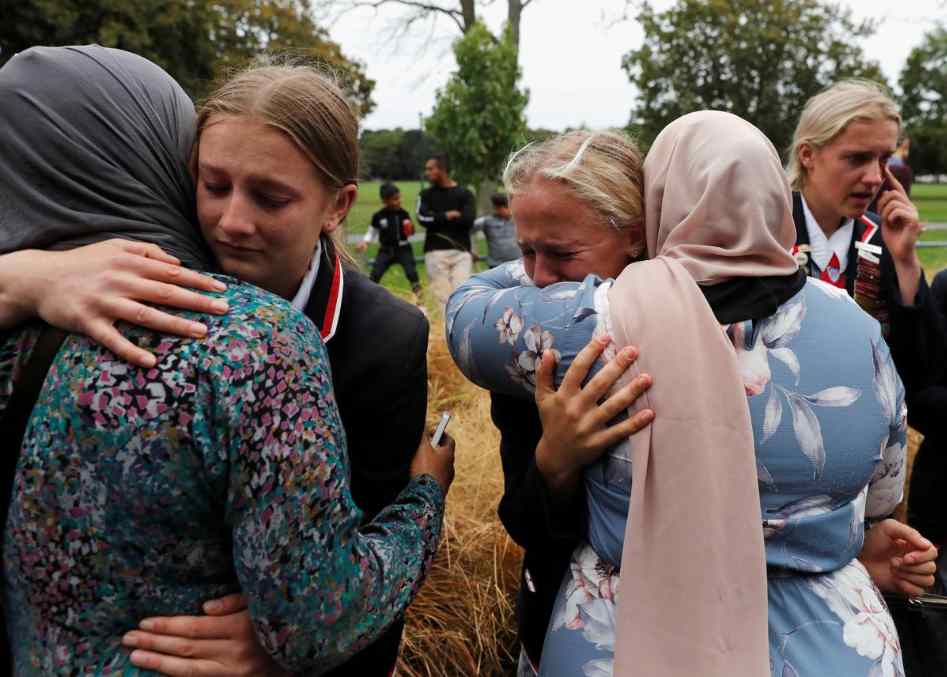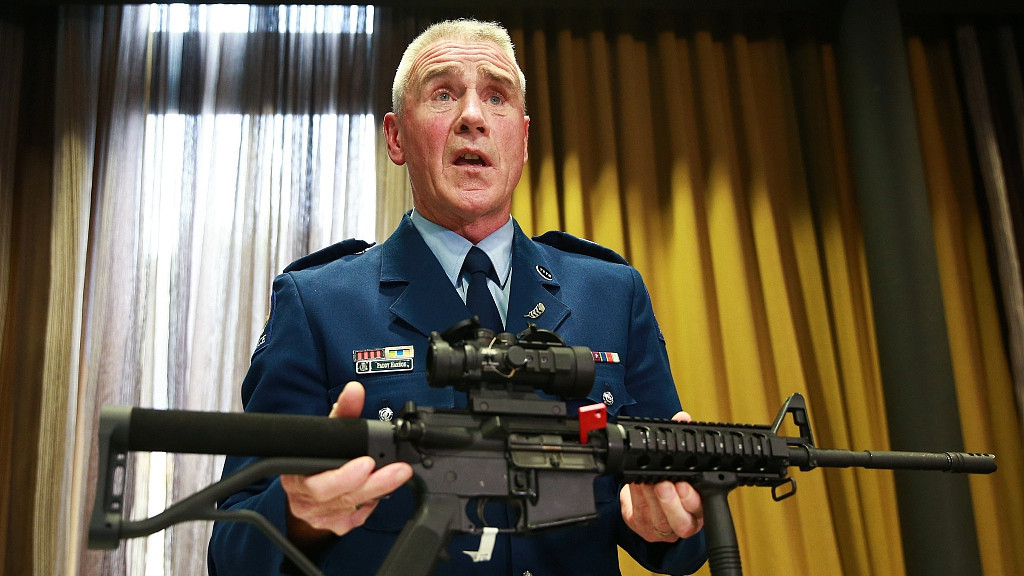
Asia Pacific
20:09, 12-Apr-2019
New Zealand's parliament votes 119-1 to change gun laws
Owen Poland
03:08

The New Zealand government has moved swiftly to officially ban the ownership and sale of semi-automatic weapons in the wake of the Christchurch mosque massacre on March 15.
Exactly four weeks after the deadly attack which killed 50 people and injured 39 others, new laws have been introduced which make it illegal to possess a range of powerful weapons including pump action shotguns and the military-style AR-15 assault rifle. Large capacity magazines which hold more than five cartridges have also been banned.
Members of parliament voted 119 to one in favor of the ban on military-style semi-automatic weapons Wednesday. Addressing the New Zealand Parliament during the final stages of the debate to change the firearms laws, Prime Minister Jacinda Ardern said that when she first heard of the Christchurch shooting she "could not fathom how weapons that could cause such destruction and large-scale death could have been obtained legally in this country."

New Zealand Prime Minister Jacinda Ardern meets representatives of the Muslim community at Canterbury refugee center in Christchurch, New Zealand, March 16, 2019. /Reuters Photo
New Zealand Prime Minister Jacinda Ardern meets representatives of the Muslim community at Canterbury refugee center in Christchurch, New Zealand, March 16, 2019. /Reuters Photo
The new legislation took just one week to pass through parliament compared to around one year for other laws, and while there was some opposition from the gun lobby and farmers, who wanted to keep their weapons for pest control, Ms Ardern said she strongly believes that the vast majority of legitimate gun owners in New Zealand "will understand that these moves are in the national interest and will take these changes in their stride."
ACT Party Leader David Seymour was the only Member of Parliament to vote against the legislation which he says was "political theater" and did not address the real issues. "Are we changing a law that would actually have stopped the terrorist? We don't know because we've been in such a rush to be seen to be doing something. We haven't even asked the most basic question, what problem we're trying to solve," says Seymour.

High school students hug the family members of the victims at a community center, March 18, 2019. /Reuters Photo
High school students hug the family members of the victims at a community center, March 18, 2019. /Reuters Photo
However Police Minister Stuart Nash says the law change "is possibly the most important legacy this government will leave for future generations." He says that the police are "acutely aware" of how vulnerable and frightened some communities still feel after the terror attack and a special operation has been established to provide reassurance and advice.
Meanwhile gun owners have been given until the end of September 2019 to surrender semi-automatic weapons which are estimated to number in the tens of thousands. The amnesty includes a buyback scheme which will potentially cost up to 200 million New Zealand dollars and which provides for what the government calls "fair compensation," but only if the surrendered weapons were legally obtained.

New Zealand has banned all military style semi-automatics and assault rifles, Wellington, April 11, 2019. /VCG Photo
New Zealand has banned all military style semi-automatics and assault rifles, Wellington, April 11, 2019. /VCG Photo
The police have consulted extensively with Australian officials about their experience with almost thirty amnesties and buybacks since the 1990s, and Mr Nash says "we want to take the time to get it right to avoid some of the pitfalls and legal risks encountered across the Tasman."
However David Seymour is skeptical. He says the Australian amnesties may have destroyed up to 80 percent of semi-automatics but he doesn't think that New Zealand will have the same success rate. "We may end up with a larger black market than we started with and be in greater danger than we were on March 15."

SITEMAP
Copyright © 2018 CGTN. Beijing ICP prepared NO.16065310-3
Copyright © 2018 CGTN. Beijing ICP prepared NO.16065310-3